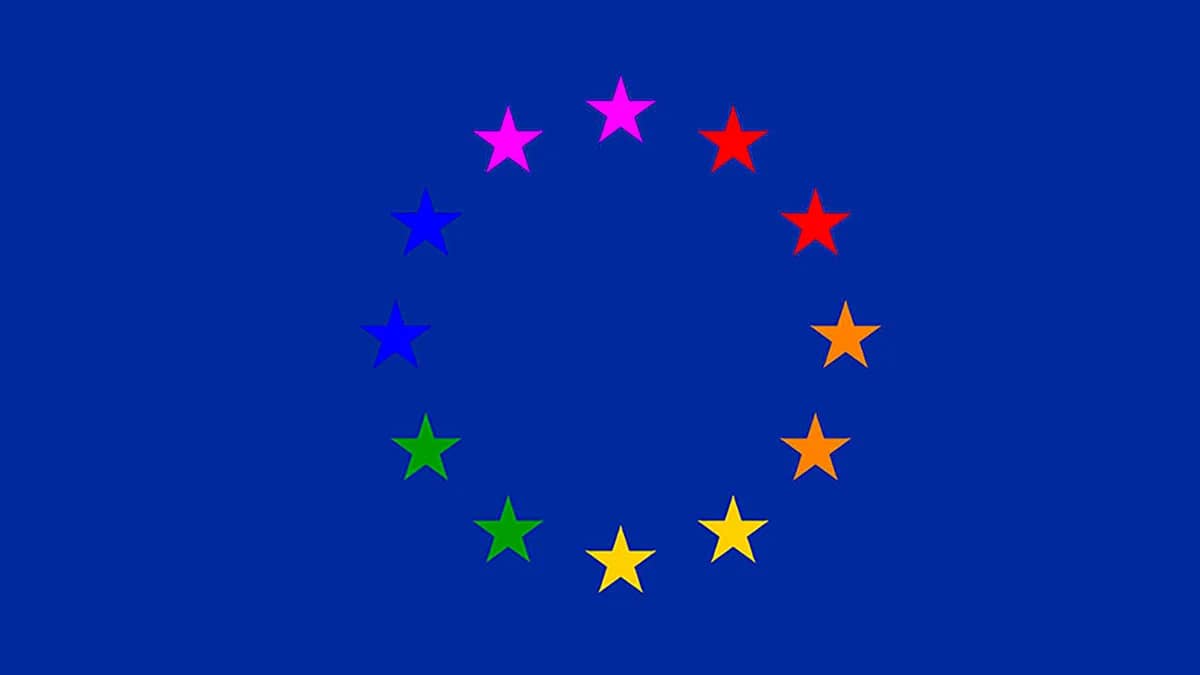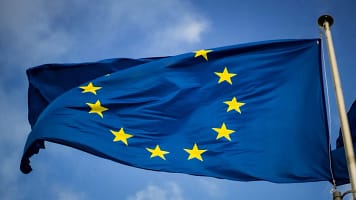The publication today of a five-year EU LGBTIQ Equality Strategy marks a qualitative shift from the European Commission towards playing its full role to defend and protect LGBTI rights in times of real backlash, says Europe’s largest LGBTI umbrella organisation, ILGA-Europe.
Today, the European Commission (EC) Vice-President Vera Jourova and Equality Commissioner, Helena Dalli published the Commission’s ‘Union of Equality: LGBTIQ Equality Strategy 2020-2025’, following President Ursula von der Leyen’s strong commitment to LGBTI rights in her State of the Union speech in September.
According to the Strategy, the European Union «has to be at the forefront of efforts to better protect LGBTIQ people’s rights», at a time when «discrimination on the grounds of sexual orientation, gender identity/expression and sex characteristics is actually increasing in the EU» and there is a «worrying trend in parts of the EU of more frequent anti-LGBTIQ incidents such as attacks on LGBTIQ public events including Pride marches, so-called declarations of LGBTIQ ideology free zones… and the rise of the anti-gender (and anti-LGBTIQ) movement».
According to ILGA-Europe, an umbrella organisation for over 600 LGBTI organisations across the region, the Strategy marks the beginning of a new approach in the European Commission to LGBTI rights and equality.
Welcoming the Strategy, Katrin Hugendubel, ILGA-Europe’s Advocacy Director, said: «For the first time, the strategy sets out a clear work programme for a wide range of services in the European Commission in relation to LGBTI rights. It is committed to being true to the values set out in the EU treaties, both in areas where the EC has competencies, like for example proposing legislation to finally ensure that parents can move freely across member states without losing their parental status, to taking a leadership role in working with member states in areas where change needs to happen on national level, such as banning so-called “conversion therapies” and ensuring legal gender recognition procedures based on self-determination. With its understanding that LGBTI rights are not niche issues but touch on all areas of life, the strategy clearly acknowledges the structural discrimination and marginalisation of LGBTI people».
According to Evelyne Paradis, Executive Director at ILGA-Europe: «At the very core of this strategy is the understanding that if you are going to bring about profound change, it needs to be everyone’s business. Working alongside civil society, every political actor and department has their fundamental role to play. In order for this strategy to reverse backtracking and make the real progress it sets out to do, everyone must come on board with the same commitment to exercising institutional powers, across the board, in its implementation».
Katrin Hugendubel continued: «With this strategy, the EC is finally using the full toolbox available, within its own competences and in working with member states, in assuming leadership in defending and advancing the rights of LGBTI people in Europe and beyond. The EC can play a significant role in making sure we continue to move closer to achieving equality for LGBTI people, especially in more challenging times. With this strategy, the Commission is equipping itself to do just that. We are looking forward to working with everyone at the Commission and other EU institutions to make sure the ambitions in the strategy translate into real change for LGBTI people across the EU and beyond».



